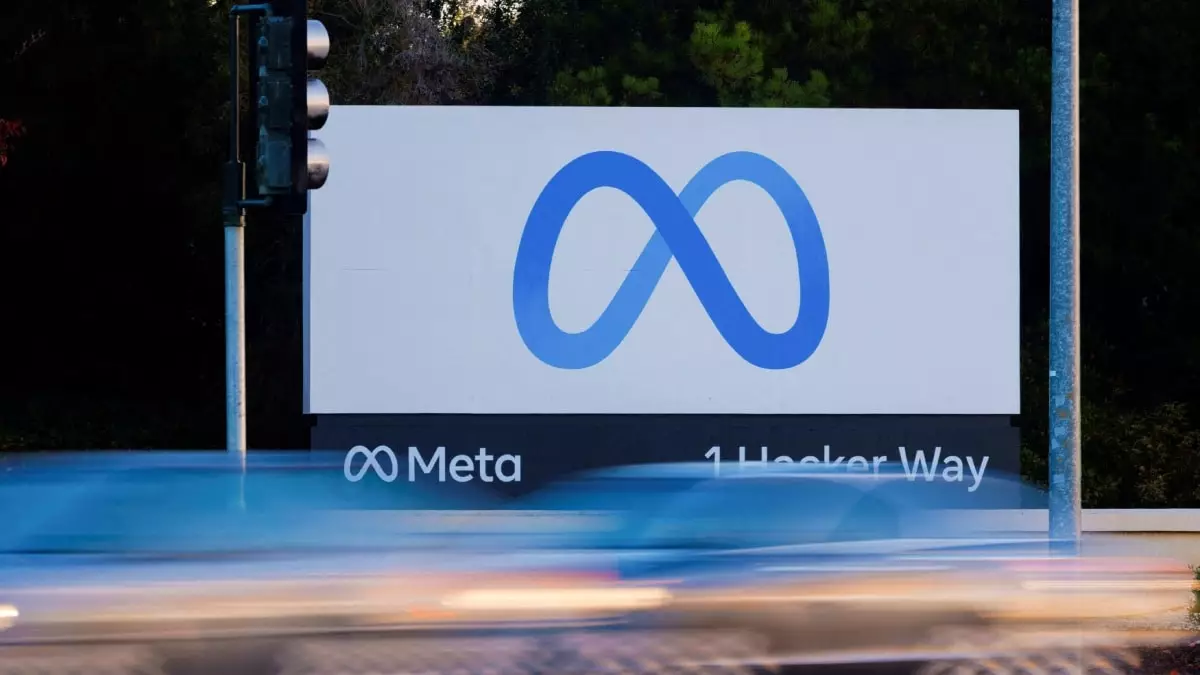In a significant pushback against Meta’s recent policy alterations, the Brazilian government has issued an ultimatum for the tech giant to clarify its revised fact-checking framework. Solicitor General Jorge Messias articulated the government’s sentiments during a recent press conference, emphasizing Brazil’s heightened concern over Meta’s erratic stance on misinformation management, particularly following the company’s recent decision to dismantle its fact-checking mechanisms in the United States. This latest move has sent ripples through Brazilian political and social spheres, raising fundamental questions about accountability in digital information management.
The recent changes to Meta’s fact-checking program reflect a broader pattern of inconsistency in its policies, described by Messias as akin to an “airport windsock,” ever-adapting to the prevailing winds. Meta CEO Mark Zuckerberg’s rationale for the adjustments, which include a scaling back on censorship, hints at internal turmoil within the company regarding how to balance user freedom with the ethical responsibility to curb misinformation. The reduction of restrictions concerning sensitive issues like immigration and gender identity has alarmed not only Brazilian officials but potentially myriad stakeholders invested in the integrity of information disseminated via social media platforms.
President Luiz Inacio Lula da Silva has also weighed in, labeling the alterations “extremely serious” and convening discussions amongst government officials to formulate a response. The Brazilian administration’s insistence on seeking explanations from Meta indicates a strong stance against the potential proliferation of unchecked misinformation that could adversely affect public discourse and societal cohesion. Brazilian society, as articulated by Messias, must not be left vulnerable to fluctuating policies that could misguide public opinion and exacerbate social tensions.
As the deadline for Meta approaches, the implications of the company’s response—or lack thereof—could be crucial. Failure to engage with the Brazilian government constructively may provoke a range of possible outcomes, from regulatory scrutiny to more severe sanctions or pushback from Brazilian lawmakers. The Brazilian government’s clampdown serves as a declaration that while tech companies wield substantial influence over public discourse, they will not operate beyond the reach of governmental oversight, especially in matters that directly affect societal well-being.
Brazil’s firm actions may inspire similar responses from governments worldwide, underscoring a growing demand for transparency and accountability from social media platforms. As Meta grapples with its identity amid this backlash, the company must recognize that fluctuating policies are neither sustainable nor acceptable in today’s digital landscape. The fallout from these changes presents an opportunity for comprehensive dialogue about the responsibilities of social media companies. This moment could shape the future of online communication norms across various nations, influencing how information integrity is upheld on a global scale.


Leave a Reply